
-
Apexlink
Real Estate
-
DLS
General Insurance
-
DMV
Government
-
Entiger
Fintech
-
GIS Mapping
Gas & Petroleum
-
HMS
Employee Benefit
-
HAWA
Government
-
Harley
Community
-
IHG
Hotel & Tourism
-
Sparkseeker
Humane Tech
-
Track Ninja
Sports
-
Response Vision
Disaster Management
- Artificial Intelligence
- Application Services
- Automation Services
- Cyber Security
- Chatbot Experts
- Data Analysis
- Data Warehouse Services
- Machine Learning
- Digital Commerce Services
- Digital Transformation
- Infrastructure Service
- IT Support
- IT Consulting
- IT Outsourcing
- IOS Development
- Android Development
-
Cross Platform Development
-
Gaming App Development
They say health is true wealth. Once it's gone, we realize its importance. But thanks to the healthcare mobile app development, you can keep updated on your health stats. Healthcare mobile apps can drastically improve the lives of both doctors and patients in several ways, such as it can provide immediate updates on health status, can reduce long waiting periods, and helps in faster treatment.
The market for healthcare app is growing tremendously and is expected to reach USD 236 billion by 2026. While choosing to develop a mobile app for a hospital, it is crucial to decide the app type as well as the monetization model.
- Detailed information on habits, lifestyle, etc.
- User's biometric data
- Symptoms of the disease
- Prescribed treatment
Patient-Generated Health Data
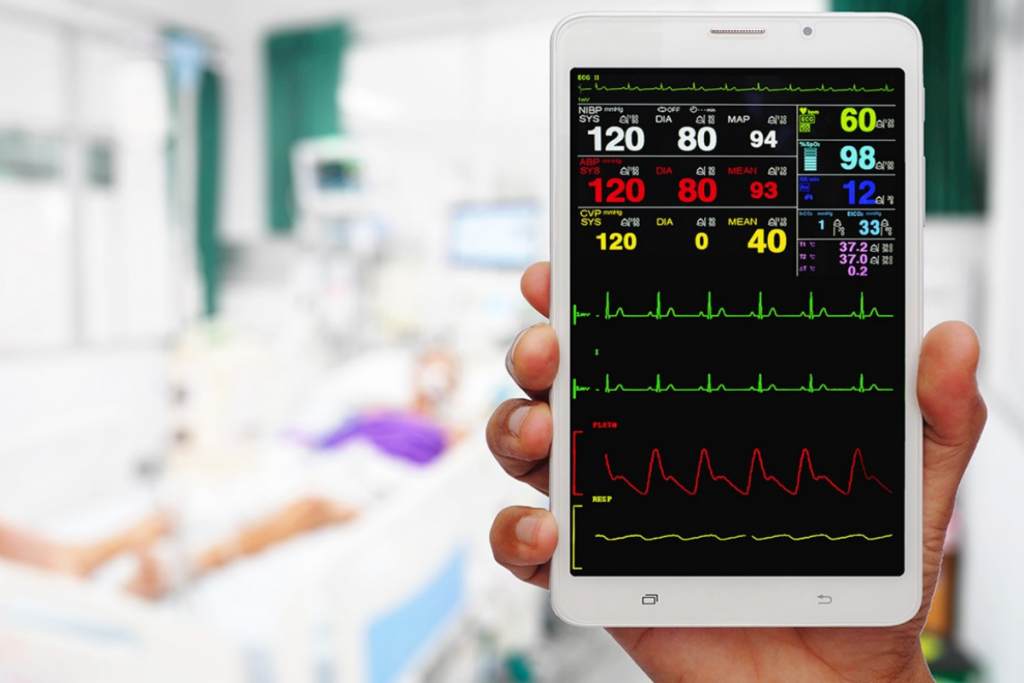
In the US, 64% of adults frequently use an app to measure health metrics. This is one of the main reasons that patient-generated health data is becoming popular.
These apps collect user data like heart rate and other health-related stats from mobile devices and wearable devices. These apps digitalize medical records of patients and provide real-time data to patients. This data might include:
These apps have great clinical benefits. They fill in the information gaps between the patient and the clinic. These apps allow doctors to make more informed decisions and prescribe the best treatment for patients.
Geolocation

Most of us use our cell phones for maps/GPS navigation. In Mhealth apps, geolocation helps users to find the nearest clinics or pharmacies. Apart from that, geolocation helps in providing personalized information to healthcare professionals, such as:
- Local disease rates and information
- Targeted health education
- Searching for local drugs and drug trade names
- Updates on local health risks and hazards
- Information on local accidents, natural
- Disasters and so on.
Mhealth apps with geolocation help in providing app users with real-time traffic information and driving directions. These apps help ambulance and rescue teams quickly locate and track people who are injured and require immediate medical attention. The automated emergency calls feature in these apps is a great way to detect any medical problem requiring intervention. These apps detect the changes in the body and frequent occurrence of diseases with the change in season for patients with allergies.

Patient support chatbots
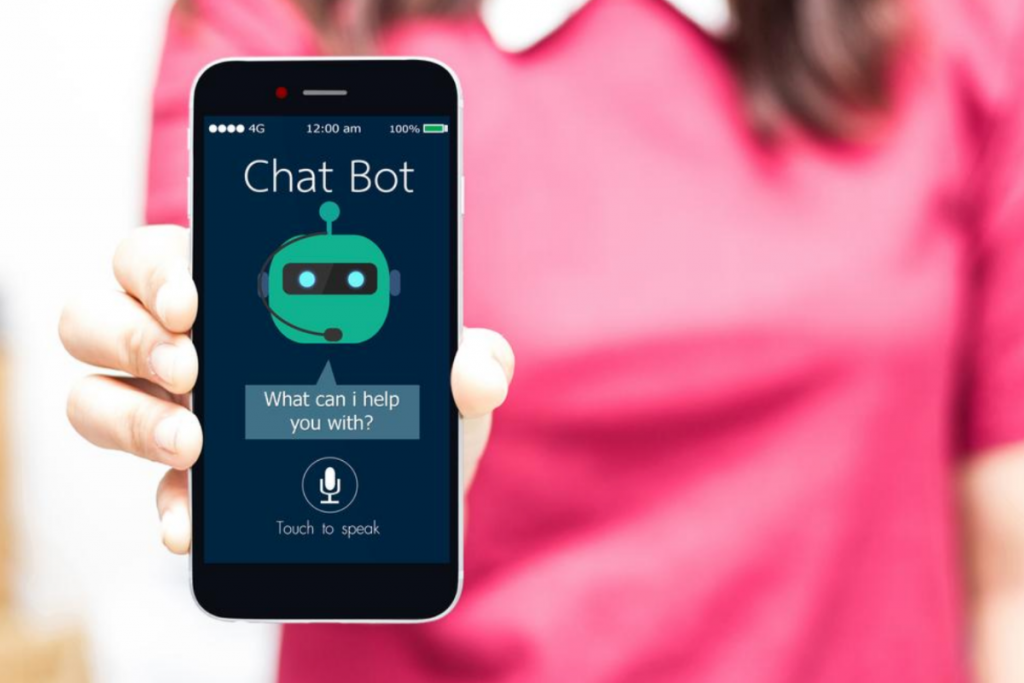
Patients don't like to call their doctors to make an appointment. They are happy to schedule appointments and receive personalized recommendations via messengers. An integrated healthcare chatbot is a great step in this regard. Hospital patient chatbots help in:
- Giving personalized real-time responses
- Supporting patients with chronic diseases
- Scheduling an appointment with a doctor
- Collecting patients feedback on delivering the support itself
When chatbots are integrated into a healthcare app, the chatbots take care of the routine conversations like Q&A. Natural Language Processing identifies the intent and sentiment of requests of patients. The information helps in process automation and results in speeding up the treatment delivery by 40%. Chatbots reduce operational costs by 30%.
Now, let's see the top 3 Mhealth apps that are doing great in the field and helping patients and doctors:
Aetna, ITriage
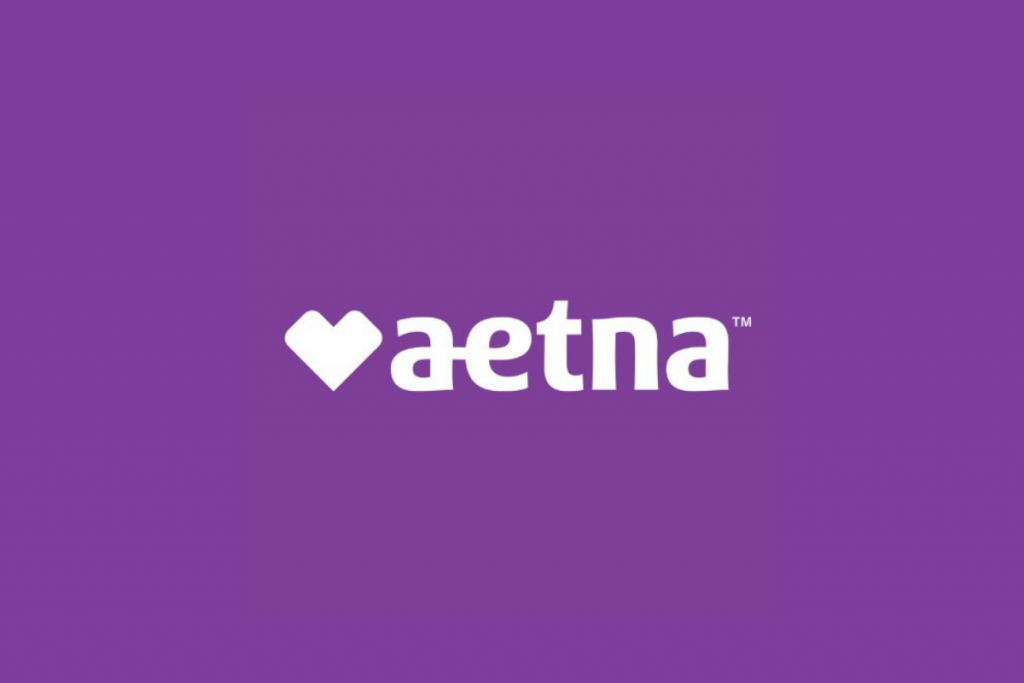
It is a patient-facing mobile app that enables patients to directly find information on their health conditions. The app provides patients with step-by-step guidance to treat diseases in the most effective way possible.
The app informs patients whether their condition requires them to go to the emergency room and provides turn-by-turn navigation to the nearest appropriate hospital or clinic.
The app allows patients to securely store health information and review any previous claims.
HMS
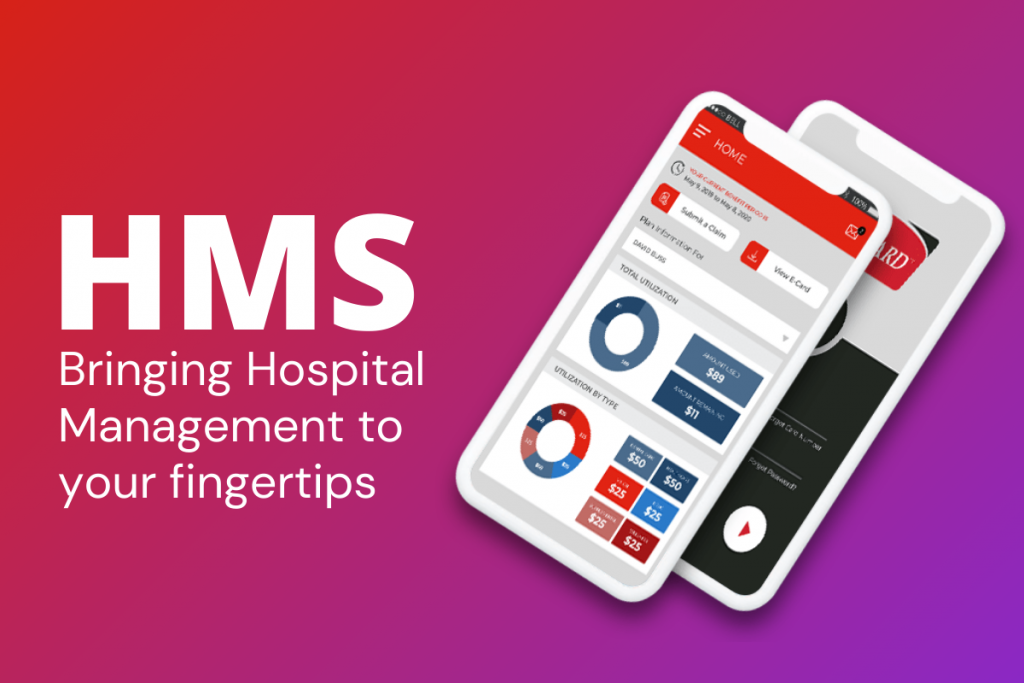
HMS app is a great way to connect physicians as well as other staff over a centralized platform where they can check the patient's reports from time to time and make further decisions accordingly. The app has the following features:
- Real-time Tracking
- Improved patient monitoring
- Report management system
- Asset Management
The app helps in asset management as well. It helps in maintaining all the hospital assets over a digital database and manages the data of various departments seamlessly.
Another remarkable feature of this app is equipment maintenance. It enables the hospital staff to keep a real-time track of the assets, which are either due for repair, maintenance, or replacement. The hospital equipment has to be equipped with an RFID label, and RFID readers track the equipment and display the reports on mobile devices.
PatientKeeper
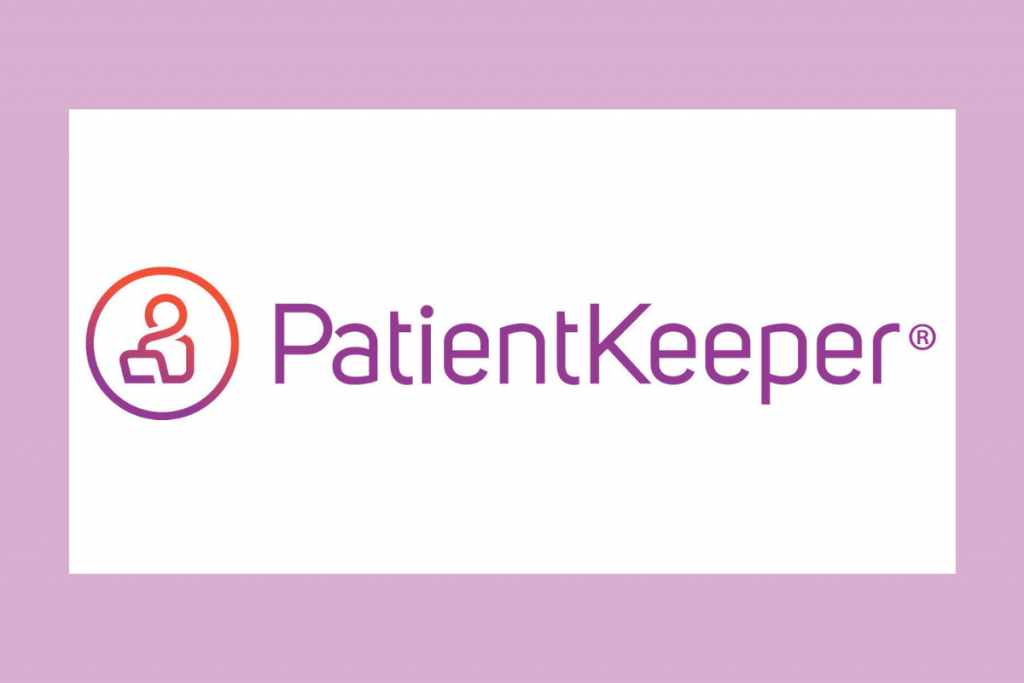
The mobile app edition of the PatientKeeper allows providers to order medications, labs, radiology, and similar services for their patients across all hospital departments. Computerized Patient Order Entry (CPOE) system keeps the catalogs for procedures and medications, so providers don't need to rebuild lists for new patients. To save time, there is a provision in the app to "favorite" procedures and medications that are recurring for patients. The app acts as an alternative to telephone orders that may cause organizational inefficiencies and keeps track of patient vitals, test results, and health data.
Final Words
Mhealth apps are a great way to use technology for the benefit of patients and doctors. These apps not only save time but help in providing the right treatment at the right time.







 Artificial Intelligence
Artificial Intelligence
 Blockchain
Blockchain Cloud Computing
Cloud Computing Infrastructure
Services
Infrastructure
Services Metaverse
Metaverse QA
Automation
QA
Automation UI/UX
UI/UX








